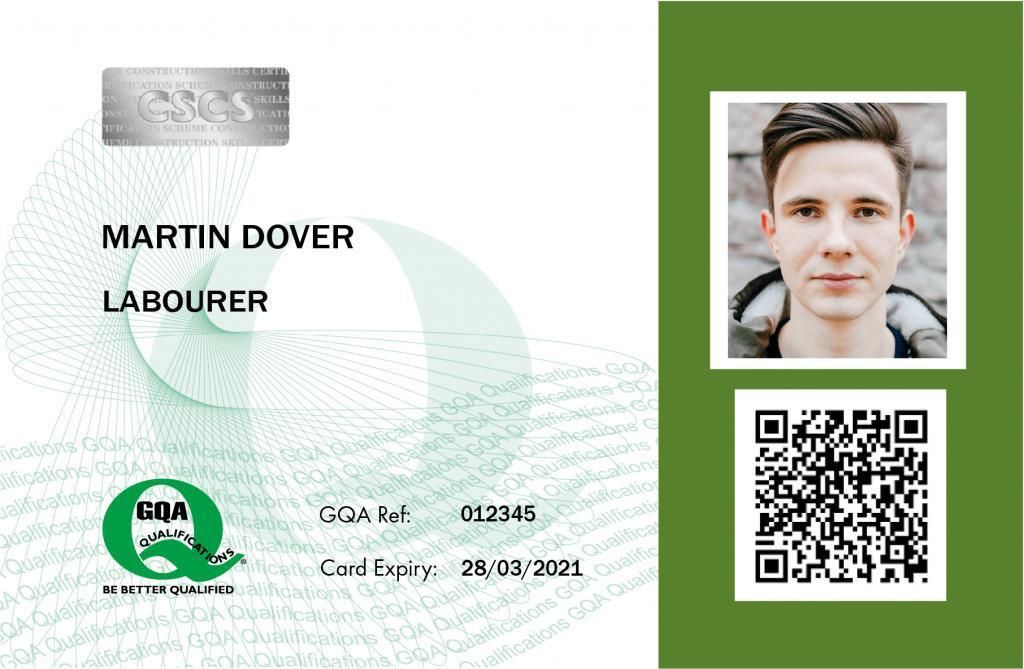
Project Integration, Scope & Time Management (PMK Workshop 1) - Certified Program
Course ID: 2509150101298EGI
Course Dates : 15/09/25 Course Duration : 5 Studying Day/s Course Location: London, UK
Language: Bilingual
Course Category: Professional and CPD Training Programs
Course Subcategories: Leadership and Management Excellence
Course Certified By: * Projacs Academy
* Professional Training and CPD Programs
Certification Will Be Issued From :
KSA
Course Fees: £4,838.34
Vat Not Included in the price. VAT may vary depending on the country where the course or workshop is held.
Click to Pay
Date has passed please contact us Sales@e-s-hub.com
Course Information
Introduction
The management of projects has evolved into a cornerstone of organizational success across industries, demanding a meticulous balance between strategic vision and operational execution. Central to this process are the disciplines of project integration, scope, and time management, which collectively ensure that projects are delivered on schedule, within budget, and aligned with stakeholder expectations. These three pillars form the backbone of effective project delivery, enabling professionals to navigate the complexities of modern work environments where resources are constrained, timelines are tight, and demands are ever-changing. Mastery of these areas is not merely an advantage but a necessity for those seeking to excel in project leadership roles.
Project integration management serves as the glue that binds all aspects of a project together, ensuring coherence and alignment across tasks, teams, and deliverables. It involves coordinating various processes and activities, managing changes effectively, and fostering collaboration among stakeholders. Without robust integration, even well-planned projects can falter due to miscommunication or conflicting priorities. The ability to synthesize diverse elements into a cohesive whole is a hallmark of skilled project managers, making integration management an indispensable skill set in today’s competitive landscape.
Scope management complements integration by defining and controlling what is included—and excluded—from a project. Ambiguity in scope often leads to scope creep, a common pitfall that results in missed deadlines, budget overruns, and dissatisfied stakeholders. By establishing clear boundaries and maintaining rigorous control over project deliverables, professionals can mitigate risks and ensure that outcomes align with initial objectives. This discipline requires both analytical precision and interpersonal finesse, as it involves negotiating trade-offs and managing expectations throughout the project lifecycle.
Time management, meanwhile, addresses one of the most critical constraints in any project: the finite nature of time. Efficient scheduling, resource allocation, and progress tracking are essential to meeting deadlines without compromising quality. Delays can cascade through a project, impacting not only timelines but also costs and stakeholder trust. A systematic approach to time management empowers professionals to anticipate bottlenecks, optimize workflows, and maintain momentum, thereby enhancing overall project performance. Together, these three domains create a framework for delivering projects that are not only successful but also sustainable.
Despite their importance, many professionals encounter significant challenges when attempting to implement these principles in practice. Balancing competing priorities, adapting to unforeseen changes, and maintaining stakeholder engagement require more than theoretical knowledge—they demand practical tools and strategies honed through experience. This course bridges the gap between theory and application, equipping participants with actionable insights and proven methodologies to address real-world challenges. By emphasizing hands-on learning and case studies, the program ensures that participants leave with tangible skills they can immediately apply in their professional contexts.
Ultimately, mastering project integration, scope, and time management offers profound benefits for individuals and organizations alike. For professionals, it enhances career prospects, builds confidence, and fosters a reputation for reliability and excellence. For organizations, it translates into improved efficiency, reduced risks, and higher-quality outcomes. As industries continue to evolve and competition intensifies, the ability to manage projects effectively becomes increasingly vital. This course provides the foundation needed to thrive in such an environment, empowering participants to lead with clarity, purpose, and impact.
Objectives
By attending this course, participants will be able to:
Develop comprehensive project integration plans that align objectives, resources, and deliverables.
Define and manage project scope using best practices to prevent scope creep and ensure stakeholder satisfaction.
Design realistic schedules and timelines while incorporating contingency planning and risk mitigation strategies.
Utilize advanced tools and techniques for monitoring and controlling project progress effectively.
Apply change management principles to adapt to evolving project requirements without compromising outcomes.
Foster collaboration and communication among cross-functional teams to enhance project cohesion and efficiency.
Evaluate project performance using key metrics and reporting frameworks to drive continuous improvement.
Who Should Attend?
This course is ideal for:
Project managers seeking to enhance their technical and leadership capabilities in project integration, scope, and time management.
Team leaders and supervisors responsible for overseeing project execution and ensuring timely delivery.
Professionals transitioning into project management roles who require foundational knowledge and practical skills.
Business analysts and consultants tasked with optimizing project workflows and improving organizational efficiency.
Executives and decision-makers aiming to gain a deeper understanding of project dynamics to support strategic initiatives.
Individuals pursuing certifications in project management or continuing professional development (CPD) credits.
Training Method
• Pre-assessment
• Live group instruction
• Use of real-world examples, case studies and exercises
• Interactive participation and discussion
• Power point presentation, LCD and flip chart
• Group activities and tests
• Each participant receives a 7” Tablet containing a copy of the presentation, slides and handouts
• Post-assessment
Program Support
This program is supported by:
* Interactive discussions
* Role-play
* Case studies and highlight the techniques available to the participants.
Daily Agenda
The course agenda will be as follows:
• Technical Session 08.30-10.00 am
• Coffee Break 10.00-10.15 am
• Technical Session 10.15-12.15 noon
• Coffee Break 12.15-12.45 pm
• Technical Session 12.45-02.30 pm
• Course Ends 02.30 pm
Course Outlines
Foundations of Project Integration Management
Overview of project integration management and its role in project success.
Developing a project charter and obtaining stakeholder buy-in.
Creating integrated project plans that align with organizational goals.
Managing project changes systematically using change control processes.
Day 2:
Principles and Practices of Scope Management
Defining project scope and documenting requirements accurately.
Techniques for creating work breakdown structures (WBS) and scope statements.
Strategies for validating scope and obtaining formal acceptance from stakeholders.
Identifying and mitigating risks associated with scope creep and uncontrolled changes.
Day 3:
Fundamentals of Time Management
Importance of time management in achieving project milestones and deadlines.
Methods for activity sequencing, duration estimation, and resource allocation.
Building Gantt charts and critical path diagrams for effective scheduling.
Tools for tracking progress and adjusting timelines dynamically.
Day 4:
Practical Applications and Tools
Leveraging software tools like Microsoft Project and Jira for project planning.
Conducting variance analysis and implementing corrective actions.
Facilitating team meetings and status updates to maintain transparency.
Case study: Analyzing real-world examples of successful and failed projects.
Day 5:
Compliance, Updates, and Continuous Improvement
Understanding compliance requirements and industry standards in project management.
Incorporating lessons learned into future projects for sustained improvement.
Preparing final reports and presentations for stakeholders and sponsors.
Review of certification pathways and next steps for professional growth.



















































